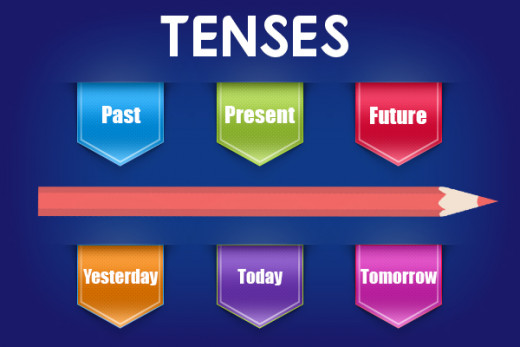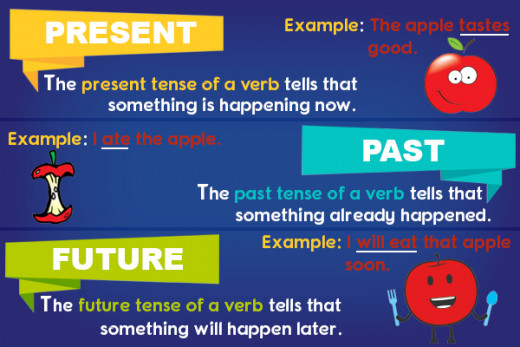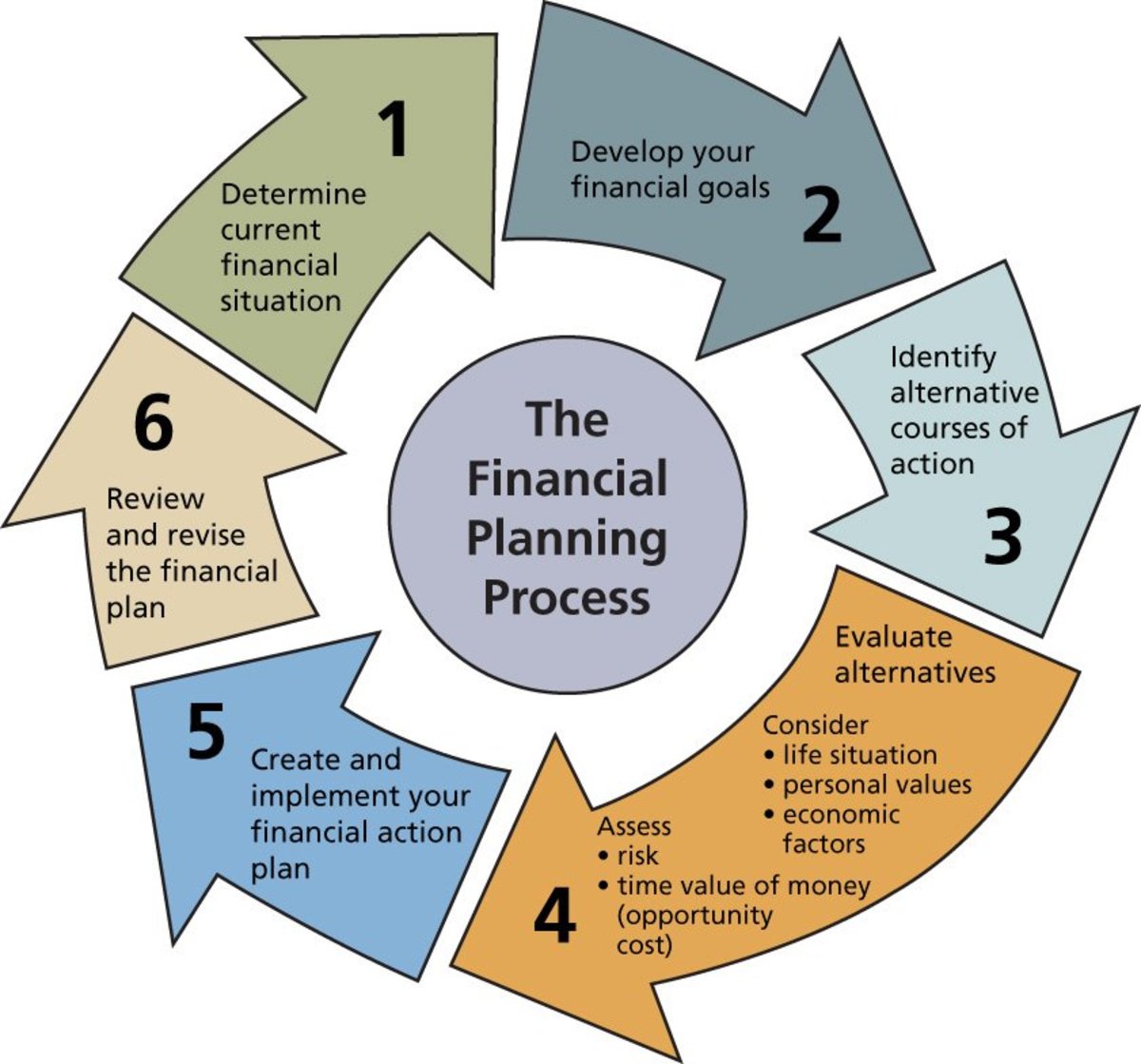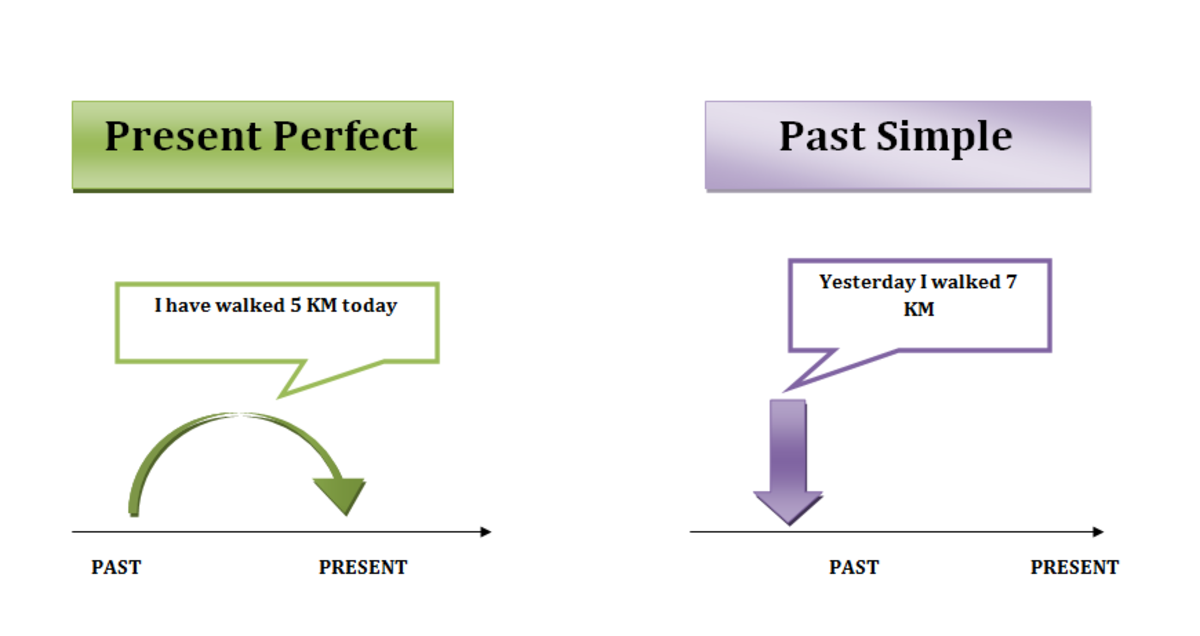Tenses: Why They Are Important and What Are They?

What are Tenses?
Tense doesn't exist in Chinese, baffled my mind: The thought of not having tense is a thing my English-language mind can’t accept. Why? How do people know how to differentiate between the past, the present, and the future without tense? How do people express time in their language?
Tenses is essential since we use it to indicate what takes place when. It’s important to know when to use the right tense while speaking or writing in a sentence, if an event has already happened or yet to happen. Did the event happen a year ago, a month ago or when dinosaurs existed? And then there’s aspect adding additional meaning to go alongside tense. The concept of time is built into time words such as yesterday, this summer, two months ago, etc. instead. The only way to know and understand what everyone is talking about with certainty is with verb tenses.

Introduction to Past Present and Future Tense
A verb that refers to past events and action is said to be in the Past Tense. The elements required to form a past tense are a helping verb and a past participle.
Ex: built, wrote, played, loved
A verb that refers to present actions and events is said to be in the Present Tense. It expresses what the subject is doing presently. In some cases, the present tense is used to denote a near future event or action.
Ex: build, write, play, love
A verb that refers to future events and action is said to be in the Future Tense. It expresses what is going to take place or what the subject is going to do in the not‐too‐distant future. The future tense is also used after conjunctions of time to refer to future activities.
Ex: will/shall build, will/shall write, will/shall play, will/shall love
Tense: Combinations
The past participle is formed by adding –ed to the verbs, there are irregular verbs (e.g wrote, broken, bite, been, fly, fought and more.) that have all sorts of endings. Past participles are frequently used as adjectives as well making you more familiar.
- Simple Present Tense
- Present Continuous Tense
- Present Perfect Tense
- Present Perfect Continuous Tense
- Simple Past Tense
- Past Continuous Tense
- Past Perfect Tense
- Past Perfect Continuous Tense
- Simple Future Tense
- Future Continuous Tense
- Future Perfect Tense
- Future Perfect Continuous Tense
Tenses are forms of a verb that show the time, continuance or completion of an action or a state that is expressed in connection with the moment at which a statement is made about it. The simple combinations are usually what individuals think of when tense arises. The continuous combinations are always formed with the verb ‘be’ and the -ing form of the main verb (e.g., writing). The perfect aspect uses the verb ‘have’ with the past participle (e.g., have written) and the perfect continuous aspect combines the two (e.g., have been writing).
There are numerous ways in which we display the time of action, we use tenses. The correct use of tenses helps a person speak with people unmistakably and effectively, and write flawlessly, it allows a person to raise the level of readability for business writings by agreeing your readers comprehend precisely what has been written using English tenses.








